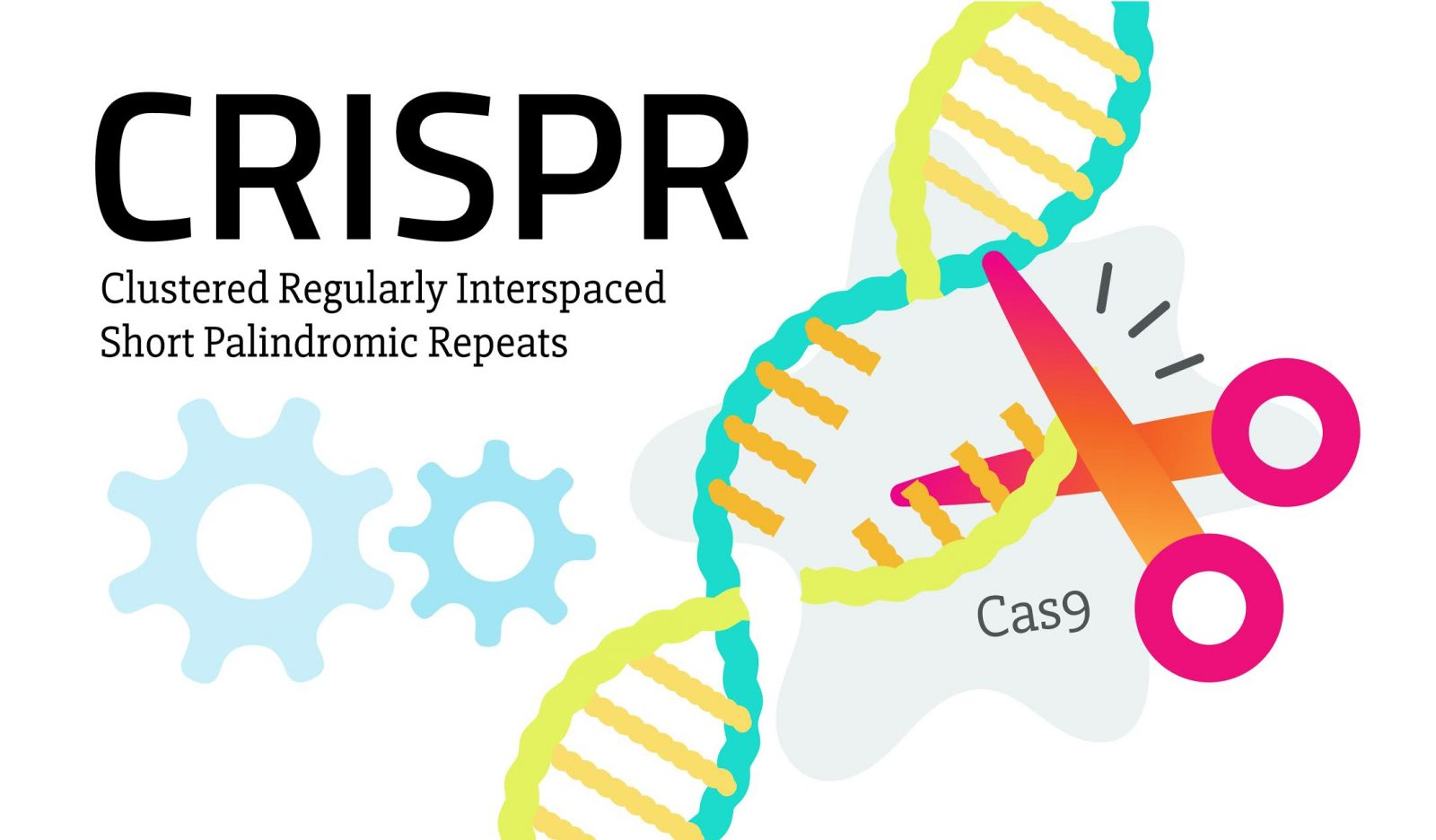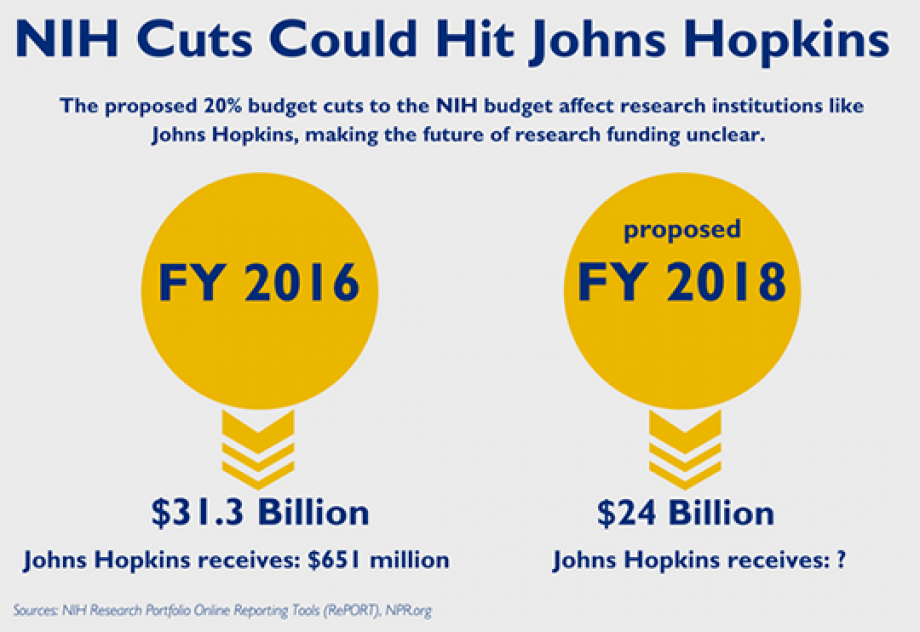The ethics surrounding CRISPR technology are a pressing concern in today’s scientific landscape, especially as gene editing capabilities advance at an unprecedented pace. As scientists and ethicists grapple with the implications of modifying human DNA, the discourse often revolves around significant issues such as the bioethics of gene editing and the potential to treat diseases like sickle cell anemia. While the prospect of curing debilitating conditions is enticing, it raises ethical questions about our responsibility to alter the human genome, especially when health equity in gene therapy becomes a factor. Understanding the balance between innovation and morality is essential as we explore the possible applications of gene editing in medicine. Given the complexities involved, stakeholders must critically assess not just the scientific benefits but also the far-reaching ethical dilemmas that CRISPR poses.
Examining the morality of genetic modification brings forth a multitude of perspectives on gene alteration methodologies. As we delve deeper into the issue, the responsibility facing researchers and healthcare providers becomes ever more evident. This discussion extends beyond mere scientific capability; the ramifications of altering human genes touch on crucial aspects of social justice and access to advanced treatments. With the advancement of gene editing techniques, particularly CRISPR, the question arises: how do we navigate the intersection of medical innovation and ethical responsibility? Ultimately, the debate swings between the potentials of health improvements and the ethical obligations we hold to future generations.
Understanding CRISPR Technology and Its Applications
CRISPR technology has revolutionized the field of genetics, providing a powerful tool for precise gene editing. This innovative method allows scientists to alter the DNA of organisms with unprecedented accuracy and efficiency. One of the most notable applications of CRISPR is in combating genetic disorders such as sickle cell anemia. By targeting and editing the genes responsible for these conditions, researchers can potentially cure patients who suffer from debilitating symptoms and improve their quality of life.
Beyond its medical applications, CRISPR also holds promise for agricultural advancements and biotechnological innovations. As scientists harness this technology, they can create crops that are more resistant to pests and diseases, which is essential in securing food supply amidst the challenges of a growing population. However, the broad implications of gene editing raise significant discussions about ethical boundaries and the responsibility that comes with such power.
Ethical Dilemmas in Gene Editing: The Bioethics of Gene Editing
The advent of CRISPR technology has sparked a plethora of ethical considerations regarding its use. As advancements continue, bioethics surrounding gene editing become increasingly complex. For example, the question of whether it is ethical to edit genes in embryos that would prevent certain diseases poses significant dilemmas. There are those who argue for the potential benefits of eradicating hereditary conditions, while others raise concerns about ‘playing God’ and the implications of altering human genetics.
Moreover, the debate extends beyond just disease prevention. Ethical discussions often center around issues of consent, especially when it concerns unborn children. Should parents have the right to determine traits for their children, such as physical attributes or even intelligence? These considerations prompt a closer examination of the moral responsibilities that accompany gene editing technologies. Stakeholders in medicine, policy, and ethics must engage in these discussions to establish guidelines that respect human diversity and promote responsible innovation.
Exploring Health Equity in Gene Therapy: A Critical Perspective on CRISPR Implementation and Access
The promise of CRISPR technology in treating genetic diseases like sickle cell anemia provides hope for many patients, but it also highlights pressing issues of health equity. The high costs associated with gene therapies have raised concerns about access to treatment. Sickle cell treatment, for instance, can reach up to $2.2 million, making it unaffordable for a large segment of the population, particularly those in marginalized communities. This disparity emphasizes the need for ethical considerations regarding who has access to cutting-edge medical technologies and who gets left behind.
Additionally, as healthcare systems continue to innovate, the benefits should not be concentrated in developed nations, leaving vulnerable global populations without this revolutionary technology. Questions of fairness and moral obligation arise: how do we ensure that CRISPR developments contribute to health equity rather than exacerbate existing disparities? Stakeholders in the biotechnology industry, healthcare policymakers, and ethical boards must work collaboratively to address these challenges and promote equitable access to gene therapies for all.
The Future of Gene Editing: Innovations and Unintended Consequences
As CRISPR technology evolves, it not only opens doors to innovative treatments but also raises concerns about potential unintended consequences. The precision of gene editing can lead to significant breakthroughs, yet it poses risks that must be navigated carefully. For instance, while editing a gene responsible for high cholesterol may appear beneficial, it can lead to unforeseen health implications as our understanding of gene interactions is still developing. The complexities of gene functionality highlight the need for thorough research and caution before widespread application.
Moreover, the prospect of genetically altering human beings for enhancement raises alarm bells about ethics and society’s future. If certain traits can be engineered, could this lead to a divide between ‘genetically enhanced’ individuals and those who are not? Such scenarios could have profound effects on social structures, personal identity, and the concept of human variation. Balancing innovation with ethical considerations will be critical as we move forward with the potential of CRISPR technology.
CRISPR Ethics: Balancing Innovation and Responsibility
The emergence of CRISPR technology has revolutionized our approach to genetics, but it also necessitates a serious examination of the ethical frameworks that guide its use. Ethical discussions surrounding CRISPR are crucial as we navigate the new landscape of genetic engineering. Engaging with diverse perspectives, including those of patients, ethicists, and cultural commentators, helps to highlight the broader societal implications of gene editing, pushing us to consider not only scientific advancements but also the potential for misuse and the moral ramifications of our choices.
Furthermore, it is essential to involve various stakeholders in setting ethical guidelines that govern gene editing practices. The discussions should encompass diverse cultural perspectives and values, ensuring that policies are inclusive and equitable. As we harness the power of CRISPR technology, we must remain vigilant in ensuring that our innovations serve humanity as a whole, instead of creating further divisions or inequities in health care.
The Role of Regulation and Oversight in CRISPR Technology
As the use of CRISPR technology continues to expand, regulating its applications becomes increasingly important. With ongoing advancements in gene editing, the potential risks and ethical considerations necessitate a robust regulatory framework that addresses safety, efficacy, and ethical implications. Without proper oversight, the risks involved—including off-target edits and unforeseen health consequences—could lead to significant public health concerns. Consequently, guidance from regulatory bodies can help ensure that CRISPR applications are conducted in a responsible and ethical manner.
Moreover, the global landscape poses unique challenges for the regulation of CRISPR technology. Different countries may have varying standards and ethical guidelines, leading to disparities in research and clinical application. Concerns arise regarding nations that may not adhere to strict ethical standards in gene editing, prompting calls for international cooperation on regulation. Establishing unified global norms could enhance public trust in CRISPR technology and promote ethical practices worldwide.
Public Perception of CRISPR Technology and Gene Editing
Public understanding and perception of CRISPR technology play a vital role in shaping its future. As advancements in gene editing become more prevalent, informing the public about the capabilities and limitations of this technology is essential. Misinformation can provoke fear and resistance, hindering progress and innovation. Clear communication regarding the ethical implications and potential benefits of CRISPR can foster informed discussions and help mitigate concerns surrounding its use.
Additionally, engaging the public in conversations about gene editing is crucial, especially when it comes to sensitive issues like genetic modification of embryos. Encouraging informed public discourse can help bridge the gap between scientific communities and society, allowing diverse viewpoints to be heard and integrated into the ethical frameworks that govern gene editing practices. Ultimately, creating a well-informed public is key to navigating the complex landscape of CRISPR technology and ensuring its responsible use.
Innovations in Sickle Cell Treatment: A Case Study in CRISPR Applications
Sickle cell treatment represents a groundbreaking application of CRISPR technology, demonstrating its potential to cure genetic conditions previously deemed untreatable. By editing the genes responsible for creating abnormal hemoglobin, researchers have successfully developed therapies that bring hope to countless patients who suffer from the debilitating effects of sickle cell disease. This innovation illustrates the direct benefits of gene editing in real-world applications, showcasing how CRISPR can lead to significant advancements in medicine.
However, while the progress in sickle cell treatment is promising, it also highlights the complexities of translating this success into widespread healthcare access. The staggering costs associated with gene therapy underscore the importance of ensuring that such advancements are available to all patients, regardless of their socioeconomic status. This case study serves as a reminder that while technology can offer solutions, ethical considerations and health equity must remain at the forefront of gene editing discussions.
The Intersection of CRISPR Technology and Cultural Perspectives
As gene editing technology like CRISPR continues to transform the landscape of healthcare, it is crucial to consider cultural perspectives that shape attitudes towards genetic intervention. Different cultures may have varied beliefs regarding the moral implications of altering human genetics, influencing public perceptions of gene editing. Understanding these cultural nuances helps to foster dialogue about the ethical considerations surrounding CRISPR technology, ensuring that diverse voices are included in discussions about its implementation.
Furthermore, recognizing the intersection of culture and bioethics can illuminate potential resistance points and areas for collaboration. Engaging communities in discussions about CRISPR technology promotes social awareness and encourages collective decision-making regarding its ethical implications. As we move forward in the age of gene editing, embracing a multicultural approach can enhance the framework within which CRISPR technology is applied, aligning innovative solutions with societal values.
Frequently Asked Questions
What are the ethical concerns surrounding CRISPR technology in gene editing?
CRISPR technology raises several ethical concerns in gene editing, particularly related to the potential for misuse and the implications of modifying human traits. Issues include the morality of altering genes for non-life-threatening conditions, the decision-making power of parents regarding their children’s genetic traits, and the possibility of exacerbating health inequities by making expensive gene therapies inaccessible to many.
How does CRISPR impact health equity in gene therapy?
The use of CRISPR for gene editing has significant implications for health equity. Innovative gene therapies, like those for sickle cell disease, may only be affordable for a small segment of the population, leaving others—particularly in underserved communities—without access to these advancements. As such, discussions around CRISPR must consider ways to ensure equitable distribution of healthcare resources and benefits.
In what ways can CRISPR technology be applied to treat sickle cell anemia?
CRISPR technology can be applied to sickle cell anemia by editing somatic cells to remove the genes responsible for the disease. Targeting these genes can potentially cure affected individuals. Furthermore, editing germline cells could prevent the disease altogether in future generations. However, ethical considerations about the ramifications of such interventions remain a central concern.
What role does bioethics play in the use of CRISPR technology for gene editing?
Bioethics plays a critical role in the application of CRISPR technology, as it involves evaluating the moral implications of gene editing practices. This includes assessing the risks versus benefits of modifying human genetics, the responsibilities of scientists and healthcare providers, and the societal impacts of creating disparities in access to these technologies. Ethical guidelines help navigate the complex landscape of gene therapy.
Should CRISPR be used for non-medical enhancements of traits, such as intelligence or appearance?
The use of CRISPR for non-medical enhancements raises significant ethical questions. While the technology has the potential to improve quality of life, using it for personal traits like intelligence or appearance can lead to societal pressures and inequities. Therefore, many ethicists argue that gene editing should be limited to preventing or curing diseases rather than enhancing human traits.
What are the possible unintended consequences of using CRISPR technology in gene editing?
Using CRISPR technology may lead to unintended consequences such as off-target effects, where edits are made to unintended parts of the genome. This can result in new health issues or unforeseen genetic changes. Additionally, gene edits might disrupt complex biological systems that have evolved over billions of years, leading to unpredictable health outcomes.
Who decides which genetic modifications are ethically permissible in CRISPR applications?
Decisions about permissible genetic modifications in CRISPR applications involve a complex interplay of researchers, policymakers, bioethicists, and public opinion. It is essential to engage a diverse set of stakeholders in discussions to ensure that ethical considerations, social justice, and public health needs are adequately addressed before implementing genetic editing technologies.
| Key Points | Details |
|---|---|
| CRISPR Overview | CRISPR technology allows for gene editing of both somatic and germline cells, potentially curing genetic diseases. |
| Ethical Dilemmas | The discussion raises questions about the morality of editing genes and making choices about traits in children. |
| Costs and Accessibility | Curing sickle cell anemia with CRISPR may cost around $2.2 million, challenging equity and accessibility issues. |
| Health Equity | Debates center around who has access to genetic therapies and how innovations may deepen existing health disparities. |
| Oversight Concerns | There are worries about the regulation of gene editing practices, especially in countries with less oversight. |
| Unintended Consequences | Altering one gene may have unknown effects on others, highlighting the complexity of genetic interactions. |
| Personal Experiences | Stories shared by individuals raise questions about parental decisions and societal perceptions of health variations. |
Summary
CRISPR Ethics is a significant topic in the conversation about modern gene editing technologies. The ethical implications of editing human genetics pose critical questions about our responsibilities toward individuality and societal fairness in health care. As highlighted by experts, while CRISPR holds the promise of curing devastating diseases, it also confronts us with dilemmas regarding parental choice, fairness in access, and potential overreach without adequate oversight. As we navigate the future of CRISPR and its applications, these ethical dimensions will play a pivotal role in guiding responsible use and public acceptance.





